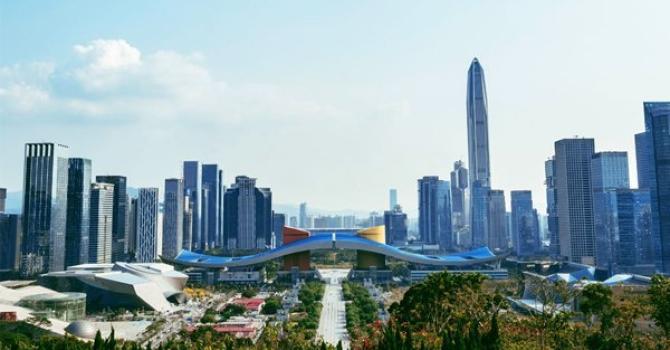SCMP: How ‘dirty’ industries can attract young Hongkongers through the use of smart technology
Christine Loh says industries, such as construction, waste collection, vehicle maintenance and building management, that struggle to attract fresh recruits must transform themselves using technology rather than looking abroad to source manpower
Hong Kong’s problems with working conditions and recruiting young talent extend beyond bus drivers. After the tragic bus accident on 10 February, the transport sector called for more foreign labour to tackle its manpower shortage. The construction sector had also argued for the same, complaining of the difficulty of recruiting fresh blood even when pay increased substantially.
Other sectors struggling to attract young people are cleaning services, waste collection and recycling, vehicle maintenance, and building management. Young people don’t want to do these jobs because they are low end, low paying and low skilled, with no prospects for career development. This does not have to be so.
The government has a role to play in pushing these sectors to transform themselves through procurement policies. Procurement requirements could include terms that drive competition and service upgrades.
For example, cleaning, waste collection and recycling services are critical for a high-density city like ours but as long as young people see those jobs as “dirty”, they will never want to join these sectors.
The vehicle agencies with their own maintenance services provide good training for their mechanics, including providing smart uniforms. They might need to improve pay to attract young people.
Building management is another critical sector for Hong Kong. The vast majority of us live and work in large buildings, which need both good hardware management and people management skills.
Our desire to use “smart” technologies to improve liveability must involve the companies providing such services. These companies will not upgrade unless they are pushed to do so through competition.
However, this competition should not become a race to the bottom in terms of price, but a race towards transformation. It will cost more but there is much societal value to be reaped. For example, services would be digital so data could be collected for continuous improvement, equipment would be state-of-the-art, and products would be non-toxic and environmentally friendly. Building managers could provide useful data to enable people to better manage their homes and offices, such as in temperature control, air quality and energy saving. Such services require a younger workforce that already has the digital skills and management mindset to provide much higher service quality.
While the private sector may not play a leading role because it is concerned about price, the government can push transformation since it has enormous procurement power in the economy.
Importing labour is a short-term fix. The long-term solution is to transform what are regarded as low-pay, low-skill services into higher-pay, higher-skill essential services with prospects visible to young people to attract them to those sectors.
One policy to consider is to restrict subcontracting in public sector contracts. In the construction sector and other services, the winner of a tender often subcontracts another company to carry out the services. There could be multiple layers of subcontracting. The company carrying out the service ends up paying peanuts to frontline workers while subcontractors up the line cream off the profits. There is no incentive for transformation in such a system.
Some say restricting subcontracting is interfering with the freedom to contract, which is why it continues despite widespread complaints. This is an excuse. The payer has the right to demand a specific level of service and if this is high enough, subcontracting doesn’t make sense. Yes, this will require the public sector to change its attitude to how it oversees and manages contracts, but why not do it? After all, we will all reap the economic benefits and high-value outcomes.
Christine Loh is chief development strategist and adjunct professor at the Hong Kong University of Science and Technology’s Division of Environment and Sustainability.
This article appeared in the South China Morning Post print edition as: Smarten up ‘dirty’ jobs to attract youth
Link to SCMP article: https://www.scmp.com/comment/insight-opinion/article/2133830/how-dirty-industries-can-attract-young-hongkongers-through



